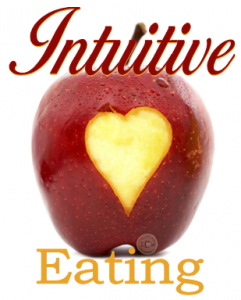As a society, our search for optimal health is on the rise, which is a good thing! However, when does a want or need for optimal health, become an obsession? And when did other people’s plates (and bodies) become our business?
You might find some of these “food shaming” comments familiar…
- “Should you be eating that ice-cream? I read sugar is toxic”
- “You eat so much more than I do, it’s not fair that you’re thinner than me”
- “I’d never let my baby eat that”
- “You’re not drinking? You’re no fun!”
These comments are not only rude, they’re downright damaging. As a consequence of judgement and food shaming, our ability to be in tune with our own bodies, as well as our ability to understand our personal preferences and values is reduced. When we take these comments too personally, we’re eating according to what others would have you eat, adhering to whatever their rules are. Don’t get me wrong, in some cases, people only share their opinion as they genuinely feel that they are helping you. But, unfortunately in many cases, negative comments from others are a sign of their own insecurities.
Obviously, there are many paths to wellness. There is no one-size-fits-all when it comes to finding that perfect diet, or exercise regime… and more importantly, healthy bodies come in all shapes and sizes. People need to acknowledge the existence of body diversity outside of the context of eating specific foods. Remember, your uniqueness is something to respect and embrace, not shy away from.
When we judge food as being ‘good’ or ‘bad’ we also judge not only ourselves, but other people, for making those choices, as ‘good’ or ‘bad’. This is problematic. Food is not intrinsically good or bad… that in and of itself is a judgment. Focusing on what you “should” eat (and playing the guilt game when you eat things that aren’t on your ‘good’ list) perpetuates the destructive belief that you can’t trust yourself and your body to make your own food choices. For some, this leads to disordered eating, and an obsessive relationship with food.
Next time you catch yourself food shaming or judging others… ask yourself it it’s actually helpful. Remember that even if your opinion is well-intended, it can be unhelpful. To break the food shaming cycle (for yourself or others), your goal is to be aware, not obsessed. Although having healthy food preferences are helpful, rigid rules are unhelpful. Give yourself and others permission to get pleasure from food, and start listening to your own bodies signals.
Until next time,
Stacey.





